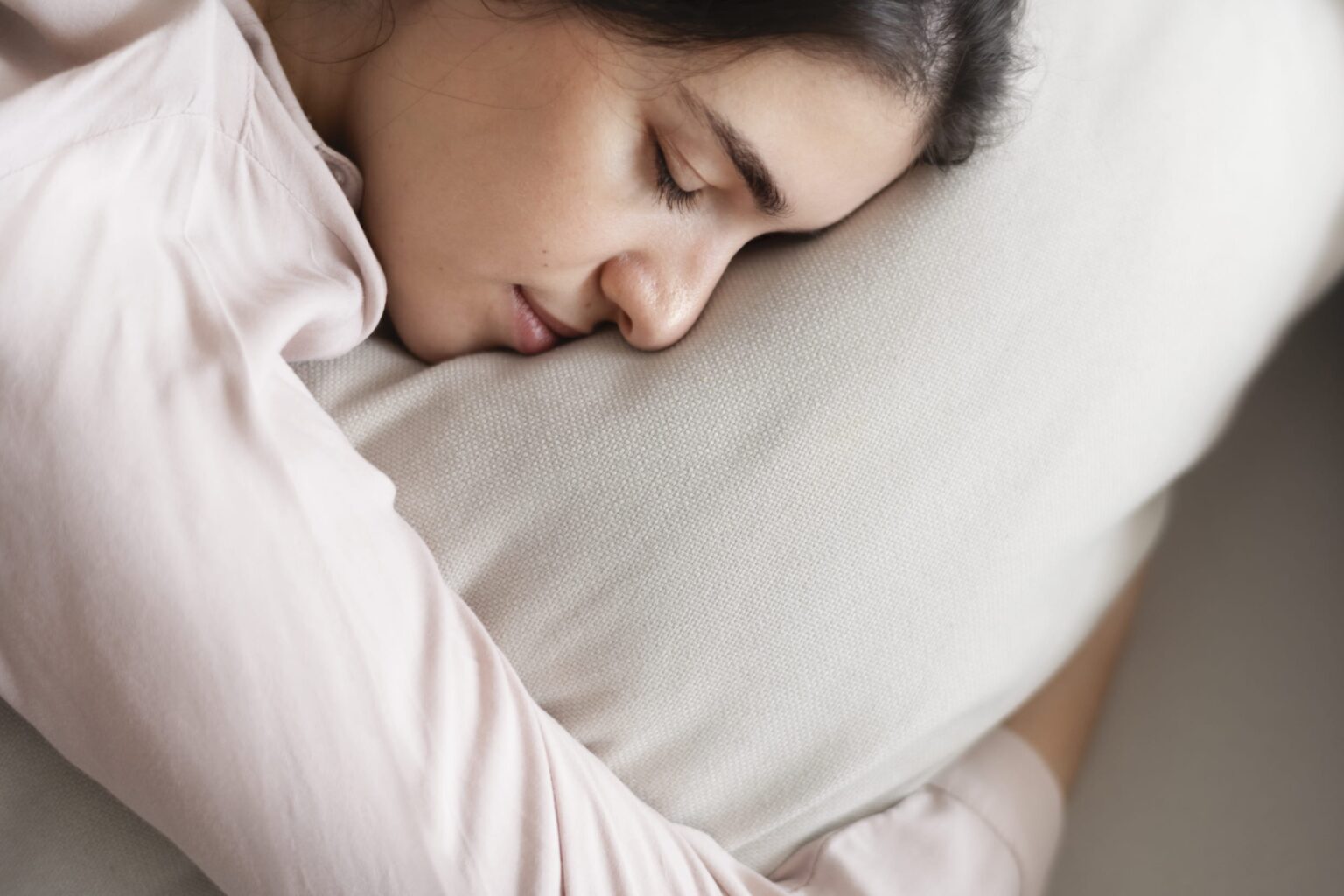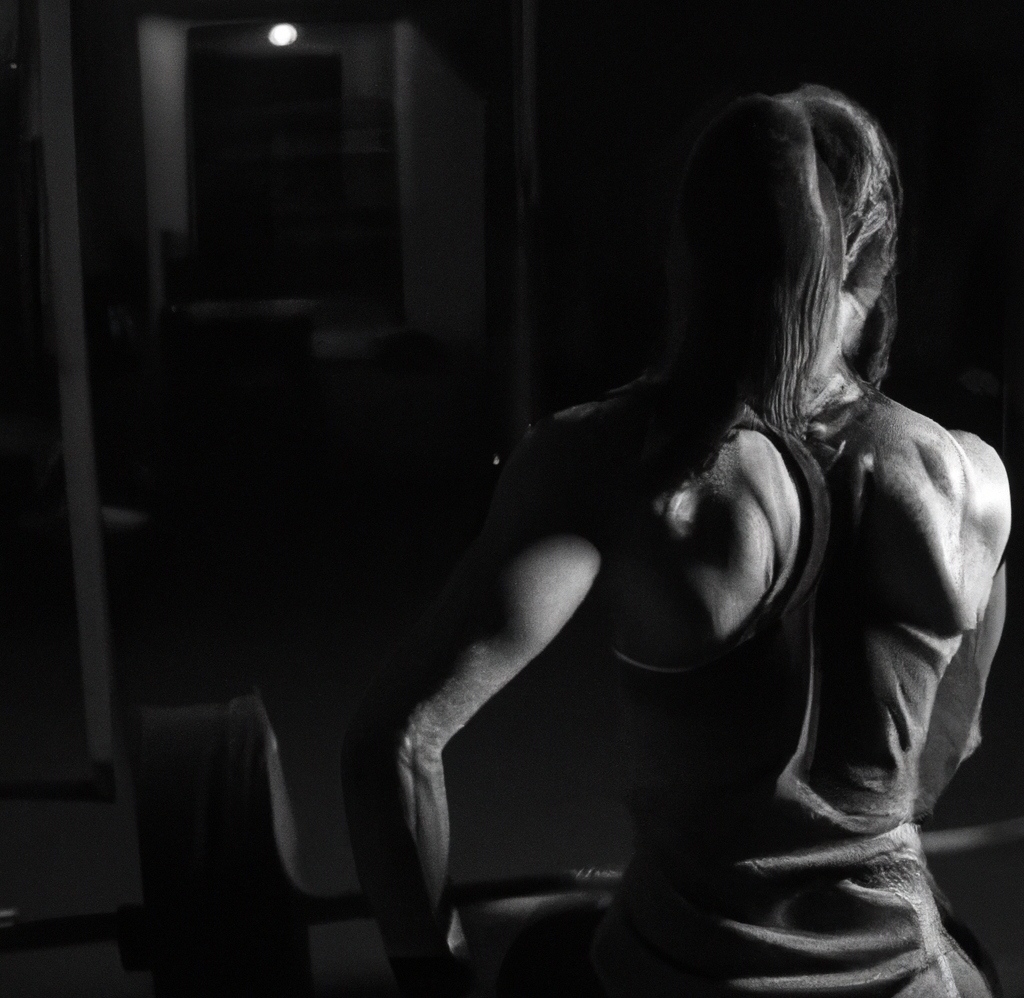
Picture: Xcel Fitness
A study from The Lancet Healthy Longevity examined cognitive function over a decade in 8,958 adults aged 50+ in England. They explored how sleep and physical activity impact cognitive health over time.
Results revealed that being more active but sleeping less than six hours nightly led to faster cognitive decline after 10 years, akin to less active peers.
Dr. Mikaela Bloomberg (UCL Institute of Epidemiology & Health Care), the lead author, emphasized the need for sufficient sleep to fully benefit from physical activity. She stressed the importance of considering both sleep and exercise for cognitive health.
Getting 6-8 hours of sleep and higher physical activity levels were tied to better cognitive function, as shown in previous research. However, over the study period, active individuals with short sleep experienced accelerated cognitive decline, especially in their 50s and 60s. But for those 70+, exercise seemed to help despite short sleep.
Co-author Professor Andrew Steptoe (UCL Institute of Epidemiology & Health Care) underlined the potential of interventions that combine physical activity and sleep to promote cognitive health and potentially delay dementia.
The study used data from the English Longitudinal Study of Ageing (ELSA). Participants’ sleep and physical activity were self-reported, with cognitive function assessed through memory and verbal fluency tests. Researchers accounted for various factors and suggested further diverse studies with objective measures.
Inspirational takeaway: Prioritizing both adequate sleep and regular physical activity holds the key to preserving and enhancing cognitive well-being as we age.








